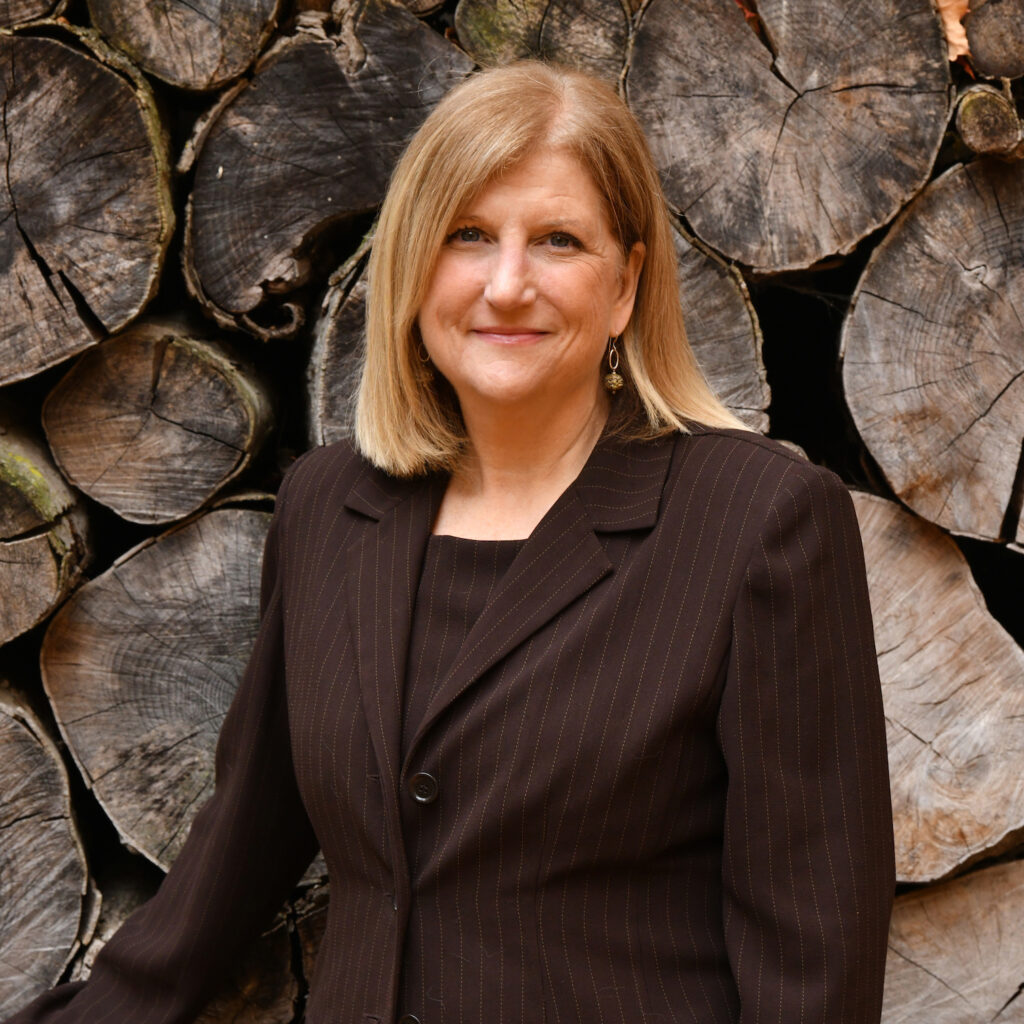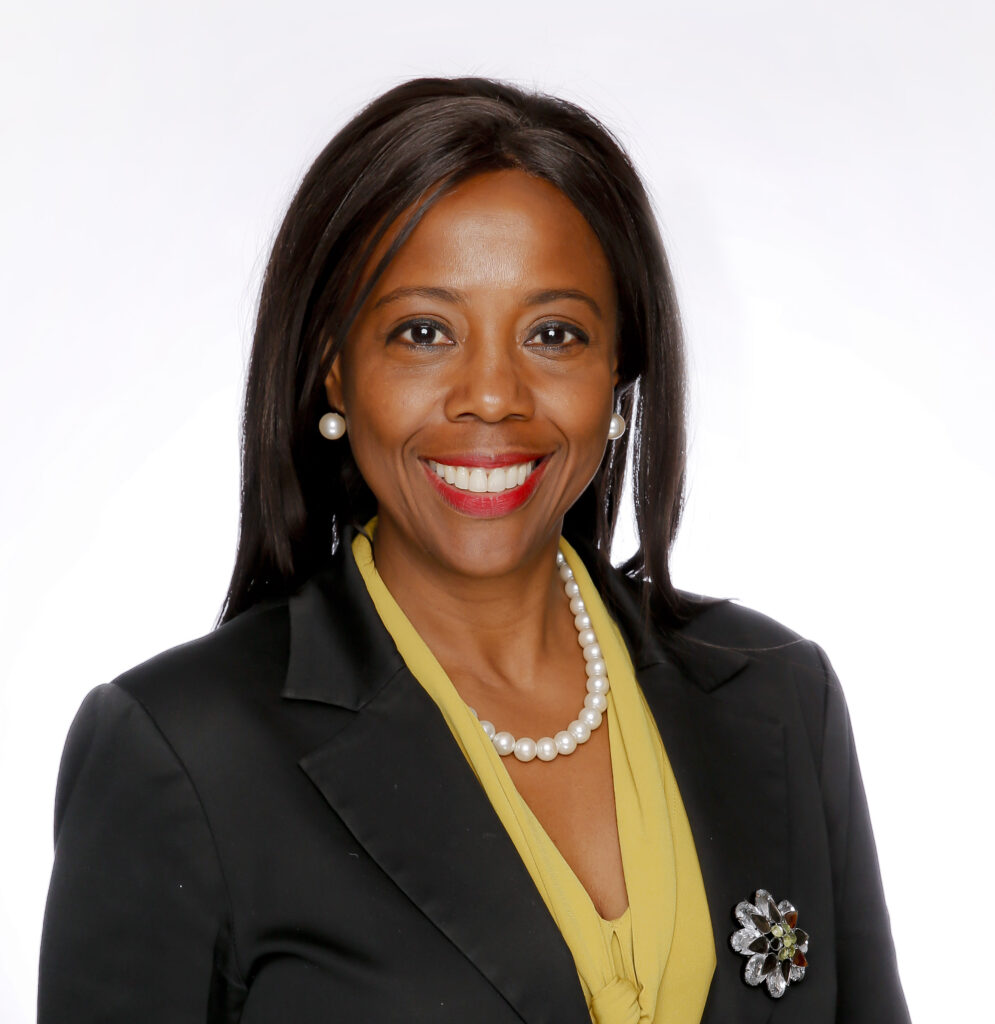Dear York community,
Many of our students, faculty, instructors and staff continue to be heavily impacted by the ongoing war in the Middle East, the resulting displacement and the humanitarian crises that are unfolding. The loss of life and uncertainty about friends, family and respected colleagues is particularly painful for many of us.
Given the challenging times we are living in, it is increasingly important that we are attentive to our shared priority: Living Well Together, as outlined in the University Academic Plan (UAP) 2020-2025. Approved by University Senate, the UAP affirms that: “Making positive change requires that all members of our diverse community feel welcomed into a sense of belonging, common purpose, and shared responsibility to support and enrich each other’s work.”
York’s commitment to support and uphold academic freedom, and freedom of expression within the limits of the law, stands. While there will be some courses and seminars where dialogue on world events could be relevant, this should occur in a respectful manner that allows for the expression of diverse perspectives in an inclusive learning environment.
We must advise the community that York’s senior administration does not find the recent email communication from CUPE 3903, which provided teaching assistants (TAs) across the University with “A Toolkit on Teaching Palestine” calling for diversion of their teaching from the planned curriculum, to be in accordance with the rightful expectations of the University as an employer, the needs of the students and the legitimate claims of the community. The University’s senior administration has written directly to CUPE 3903 leadership to discuss this important matter especially in light of the rights of students to have access to their course curriculum.
Students who have concerns about their seminars should contact the course director, or the dean of the relevant Faculty. As a reminder, the University continues to provide support for TAs, faculty, instructors, students and staff – information can be found by visiting the following links:
As the CUPE 3903 communication specifically named Hillel, the University is also reaching out to them as one of our recognized student organizations supporting our diverse community.
Sincerely,
Rhonda Lenton
President and Vice-Chancellor
Un message de la présidente
Chère communauté de York,
De nombreux membres de la population étudiante, des corps professoral et enseignant et du personnel continuent d’être profondément affectés par la guerre en cours au Moyen-Orient, ainsi que par les déplacements de population et les crises humanitaires qui en résultent. La perte de vies humaines et l’incertitude planant sur nos amis, nos proches et nos collègues estimés sont particulièrement douloureuses.
Durant cette période difficile, il est primordial de veiller à notre bien-être commun, autrement dit l’objectif Bien vivre ensemble exposé dans le Plan académique de l’Université (PAU) 2020-2025. Le PAU, qui a été approuvé par le Sénat de l’Université, énonce : « Pour apporter des changements positifs, il faut que tous les membres de notre communauté diversifiée éprouvent un sentiment d’appartenance, de but commun et de responsabilité partagée afin de soutenir et d’enrichir le travail de chaque personne ».
York maintient son engagement à soutenir et à défendre la liberté universitaire et d’expression dans les limites de la loi. Un dialogue sur les événements mondiaux peut s’avérer pertinent dans le cadre de certains cours et travaux pratiques; il doit toutefois se dérouler de manière respectueuse et permettre l’expression de diverses perspectives dans un environnement d’apprentissage inclusif.
Récemment, le SCFP 3903 a fourni par courriel aux auxiliaires d’enseignement de l’Université une boîte à outils nommée « Teaching Palestine » appelant à détourner leur enseignement du programme prévu. La haute direction de York ne considère pas cette communication conforme aux attentes fondées de l’Université en tant qu’employeur, aux besoins de la population étudiante et aux revendications légitimes de la communauté. Elle a écrit directement aux dirigeants du SCFP 3903 pour aborder avec eux cette question capitale, notamment du point de vue des droits des membres de la population étudiante à accéder à leur programme d’études.
Nous invitons les étudiants et étudiantes qui éprouvent des inquiétudes concernant leurs travaux pratiques à contacter leur directeur/directrice de cours ou le doyen/la doyenne de leur faculté. Nous vous rappelons que l’Université met des ressources de soutien à la disposition des auxiliaires d’enseignement, des membres des corps professoral et enseignant, de la population étudiante et du personnel. Pour obtenir plus d’information, veuillez visiter les liens suivants :
Comme la communication du SCFP 3903 mentionne spécifiquement l’organisation Hillel, l’Université se tourne vers elle en tant qu’organisation étudiante reconnue appuyant notre communauté diversifiée.
Veuillez agréer mes sincères salutations,
Rhonda Lenton
Présidente et vice-chancelière










